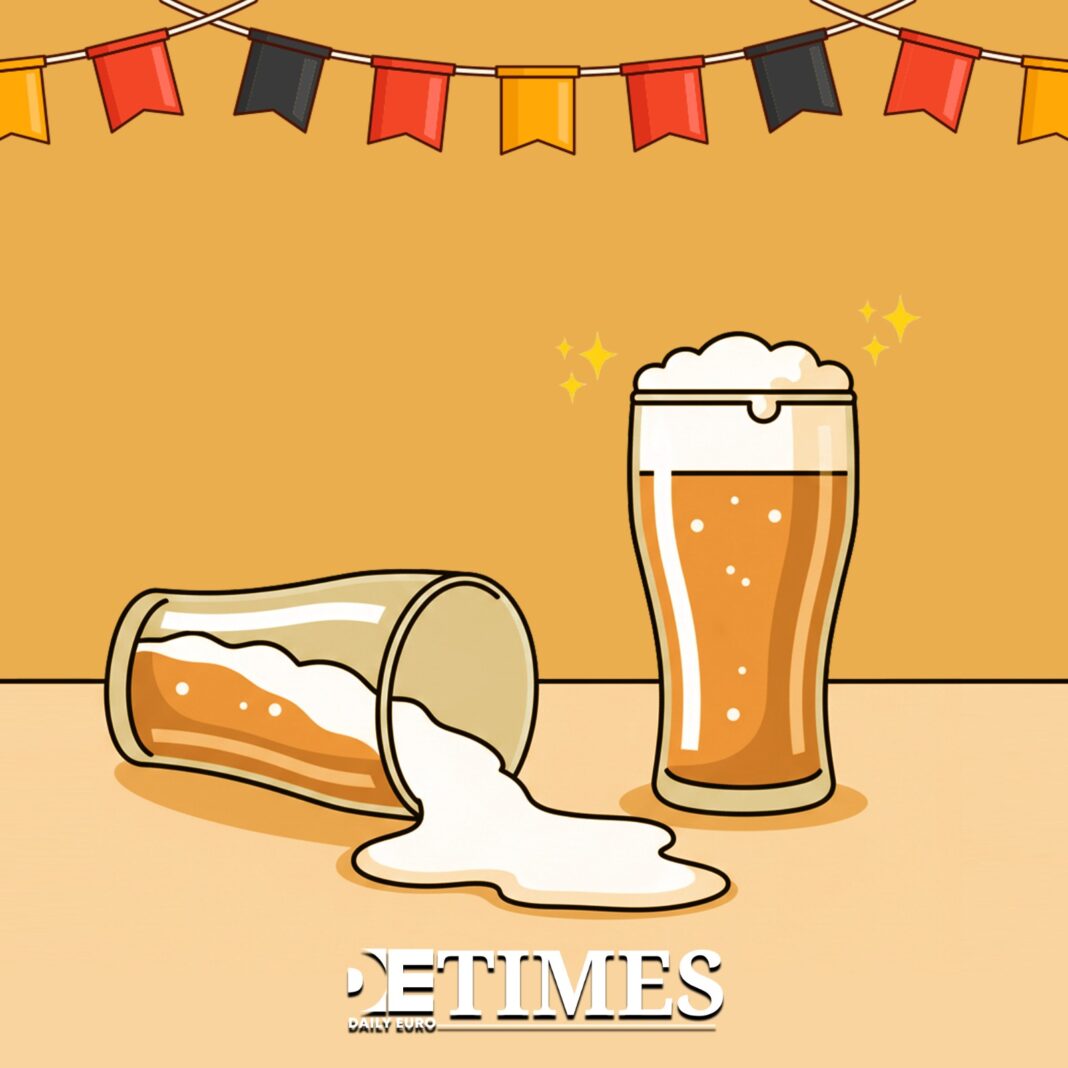Oktoberfest is not just a beer festival, but a real cultural tradition that attracts millions of tourists from all over the world.
However, every year the rules of visiting become more and more strict, which is causing discontent among many guests.
Tightening the Rules: Smoking to Alcohol
Since 2010, Bavaria has had a law banning smoking in closed public places, including the Oktoberfest beer tents. Instead, organisers offer special balconies or smoking areas, which limits the freedom of participants.
Visitors are prohibited from bringing their own beer or alcohol into the beer tents. Violators can be removed from the festival grounds or even fined.
Loss of Ambiance
Oktoberfest was previously known for its relaxed atmosphere, where people could freely enjoy beer and socialise. However, with the introduction of new regulations, many feel that the festival is losing its uniqueness and is turning into a commercial event with strict restrictions.
While safety and order at the festival are important, a balance must be found between following the rules and maintaining the traditional Oktoberfest atmosphere. Otherwise, the festival risks losing its appeal for many guests.
Oktoberfest: From a Wedding Celebration to a World Beer Festival
Oktoberfest began in 1810 as the wedding celebration of King Ludwig I and Princess Therese of Saxony. The celebration included horse races and folk festivals, becoming a tradition for locals. Over time, the festival expanded: beer tents, musical performances, rides and folk costumes were added.
By the end of the 19th century, Oktoberfest had become the largest event in Bavaria, attracting guests from neighboring regions. In the 20th century, the festival acquired an international dimension: tourists from all over the world come to Munich to enjoy beer, traditional cuisine and cultural events.
Today, Oktoberfest is a symbol of German culture and a world-famous holiday.
How tourists and locals perceive the rules
With the introduction of strict rules at Oktoberfest, opinions among visitors are divided.
Many locals support the restrictions, noting that they improve safety and order at the festival. However, tourists often find the restrictions excessive: smoking in the tents, bringing in your own beer, and even climbing on tables are prohibited.
Some travelers share stories of being forced to leave alcohol at the entrance or leaving the tents for trying to smoke. Despite this, most visitors try to follow the rules and find ways to enjoy the atmosphere of the festival.
Between Regulation and Age Old Festivities
Oktoberfest’s strict rules for safety and order inevitably change the atmosphere of the festival. While controls and restrictions are important, they reduce the sense of freedom and easy fun that made the festival unique.
To maintain its appeal to tourists and locals, it is important for organisers to find a balance between following the rules and maintaining the traditional, lively atmosphere of Oktoberfest.
Read the Latest Articles on DET!
Suez on Rails: China is Changing the Map
I Need My Labubu: Wang Ning’s Billion Dollar Toy
Plucked Out of Thin Air? How Meteorologists Name Storms


